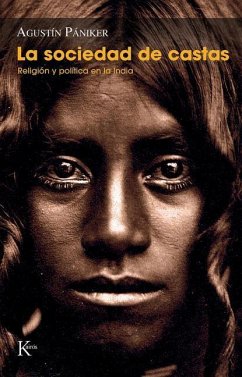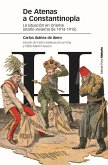India is known worldwide for having developed a unique system of social stratification: the caste society. There isn't another aspect about Southern Asia that evokes such strong opinions and emotions. After many years of study, Agustín Pániker submerges us in this book as if we as readers live in a society based on class, detailing the dark origins, religion, rituals and ideology, political and economic power, major social transformations over centuries, and the growing importance of ethnicity factoring into class. He also addresses the most bittersweet issues of the topic: the bond of class patriarchy and the practice of the untouchables. With the rigor that characterizes his writings, Pániker offers us a fascinating picture of this society, while remaining anchored in a prodigious respect for the resilient power of hierarchy. This book is, in short, a thoughtful and enlightening text and a must-read for those who want to dive into the society, religion, politics, or history of India.
Hinweis: Dieser Artikel kann nur an eine deutsche Lieferadresse ausgeliefert werden.
Hinweis: Dieser Artikel kann nur an eine deutsche Lieferadresse ausgeliefert werden.








